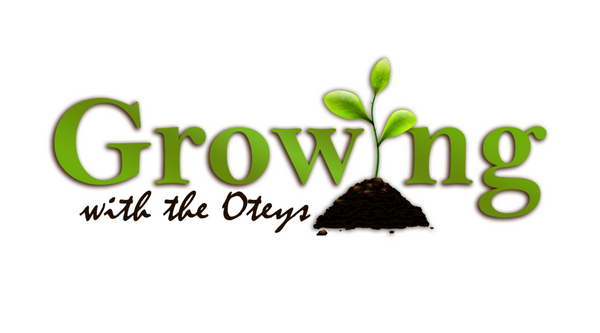Why, after all these years, do we still struggle so badly to have honest conversations about difficult issues in America—especially about race, religion, and politics? There are many reasons, but one major factor is our tendency to reject uncomfortable ideas the moment we hear them. Too often, we dismiss perspectives that challenge our assumptions, attack the people who express them, or try to invalidate their experiences—especially if those ideas make us feel guilty, exposed, or unsure. This kind of defensiveness stunts our personal growth and makes it nearly impossible to live in peace with one another (consider Romans 12:18).
Rather than truly listening to understand what others think and feel, many of us prefer to throw verbal grenades and retreat to the comfort of thinking we were right all along. It's easier to stay in our echo chambers than to do the hard, humbling work of reflection and learning. Sadly, this isn’t a new dynamic—but it remains just as toxic and divisive today as ever.
We can do better.
We can start by being honest enough to admit that we often assume more than we know or acknowledge. Many of us made up our minds about our most passionate beliefs long before we ever examined them critically. The truth is, we don’t know as much as we sometimes pretend. We get things wrong, and we are wrong more often than we’d like to admit. Moreover, even our broadest life experience is still just a sliver of the whole human story.
Let’s choose to be more open—not necessarily to change all our positions, but to listen and refine them. Openness means being willing to learn, even from people we disagree with. When we are open, we not only grow—we also become better neighbors. Our relationships and conversations improve, even if our beliefs don't shift. And that, in itself, is a meaningful step forward.
Copyright & Reuse
© Growing with the Oteys. Noncommercial reprint (including classroom use and church bulletins) permitted with author credit and link/URL; no edits; third-party images excluded. See Permissions page for details.

